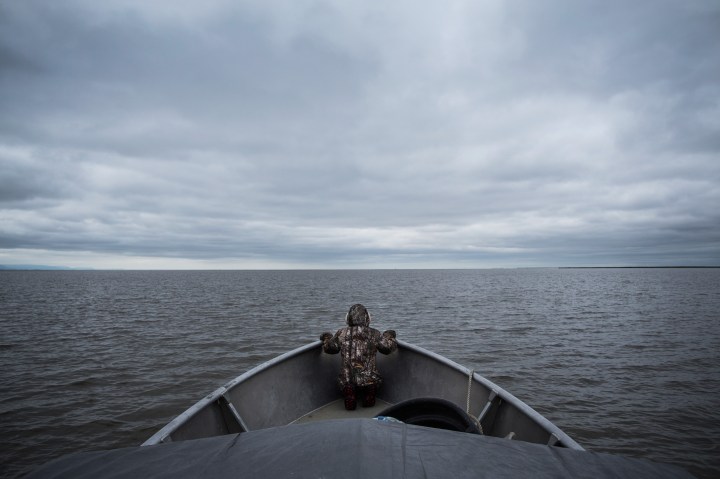
Disappearance of Alaska snow crabs means some businesses might disappear, too
Disappearance of Alaska snow crabs means some businesses might disappear, too

Some seven billion snow crabs have disappeared from the waters around Alaska. Experts are still investigating the cause, but rapid warming in the Bering Sea is a likely factor.
Alaska has canceled the snow crab harvesting season for the first time ever, and commercial crabbers and the economies that depend on the species stand to lose millions.
Just a few years ago, Alaska’s snow crab population was booming. Jamie Goen with the industry group Alaska Bering Sea Crabbers said businesses were making big investments.
“They were making improvements to their vessels, they were buying more quota to harvest.”
Now, Goen said some of those crabbing vessels won’t survive this canceled season. And there will be ripple effects.
“All the support businesses around our vessels, so whether it’s shipyards, fuel docks, welders,” will feel the pinch too.
Goen said federal aid should be available to commercial crabbers, similar to what’s offered to farmers who suffer crop failures.
Chris Anderson, a fisheries economist at the University of Washington, is looking at this as a test case.
“To try to understand what it looks like when climate change rears its head and really has a footprint on the fishery and what sort of adaptive strategies we can have,” he said.
Because as oceans warm, he said more fishing economies will have to adjust to these massive shifts.
There’s a lot happening in the world. Through it all, Marketplace is here for you.
You rely on Marketplace to break down the world’s events and tell you how it affects you in a fact-based, approachable way. We rely on your financial support to keep making that possible.
Your donation today powers the independent journalism that you rely on. For just $5/month, you can help sustain Marketplace so we can keep reporting on the things that matter to you.

















